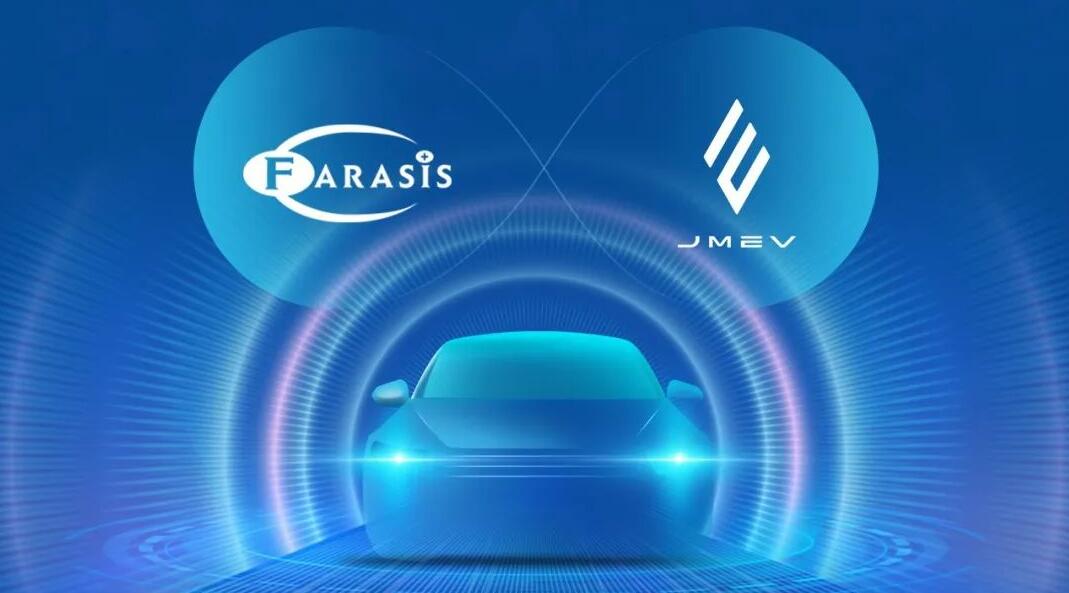Lithium prices continue to fall in China today, with the average price of industrial-grade lithium carbonate falling below RMB 200,000 per ton for the first time in the current down cycle.

A Chinese battery maker's chairman believes lithium carbonate prices could even fall below RMB 100,000 ($14,530), with the battery raw material not seeing a single day of gains this year.
In 2022, the supply and demand for lithium carbonate and lithium hydroxide were actually in balance, and there was a lot of hype behind the price surge, Farasis Energy's chairman Wang Yu said in an interview during the China EV 100 Forum yesterday, according to Yicai's report.
Based on this situation this year, the price of lithium carbonate is expected to drop rapidly, Wang said.
Lithium carbonate prices have already dropped to RMB 250,000 per ton and are expected to drop further, to below RMB 100,000 is very likely, he said.
Lithium carbonate prices in China continued to fall today, with the average price of industrial-grade lithium carbonate falling below 200,000 yuan per ton for the first time in the current down cycle.
Battery-grade lithium carbonate fell RMB 12,500 per ton today to an average price of RMB 232,500 per ton, while industrial-grade lithium carbonate fell RMB 10,000 per ton to an average price of RMB 195,000 per ton, according to figures from Mysteel monitored by CnEVPost.
Lithium carbonate resources are not in short supply, and the raw material is not very difficult to produce now, and the industry will return to its normal operations, Wang said.
The actual cost of lithium carbonate per ton is around RMB 30,000, and there is no reason for it to go up to RMB 500,000 or 600,000, he said.
The automotive and battery industries contributed at least RMB 100 billion in profits to the lithium industry last year due to rising raw material prices, Wang said.
At one point in late November last year, battery-grade lithium carbonate was quoted at RMB 590,000 per ton in China, about 14 times the average price of RMB 41,000 per ton in June 2020.
Since then, lithium carbonate quotes have continued their downward spiral, and have not seen a single day of gains this year.
The price of lithium carbonate depends on demand and supply, as well as the price sensitivity of car companies, Wang said.
In the past, new energy vehicle (NEV) sales have soared, and car companies have lost a lot of money to complete their performance, he said, adding that for many automakers, they may cut production if raw material prices do not meet expectations this year.
In addition, the mass production of sodium-ion batteries has already caused an impact on the lithium carbonate and lithium hydroxide industries, Wang said.
On February 23, battery maker Hina Battery unveiled three sodium-ion battery cell products and announced a partnership with Anhui Jianghuai Automobile Group Corp (JAC), which made one of its models the first to carry sodium-ion batteries.
Farasis Energy's sodium-ion batteries will also enter mass production this year and will be used in the short term for budget models with a range of up to 300 kilometers and in the medium term for models with a range of up to 500 kilometers, Wang said.
Farasis Energy installed 0.19 GWh of power batteries in China in February, ranking No. 9 with a 0.88 percent share, according to data released last month by the China Automotive Battery Innovation Alliance (CABIA).

($1 = RMB 6.8844)
Analysts explain how falling lithium carbonate prices affect EV costs
The post Lithium carbonate prices likely to fall below RMB 100,000, says chairman of battery maker Farasis Energy appeared first on CnEVPost.
For more articles, please visit CnEVPost.





 Farasis Energy is working on adapting a sodium-ion battery based on a JMEV model that will be available in 2023.
Farasis Energy is working on adapting a sodium-ion battery based on a JMEV model that will be available in 2023.